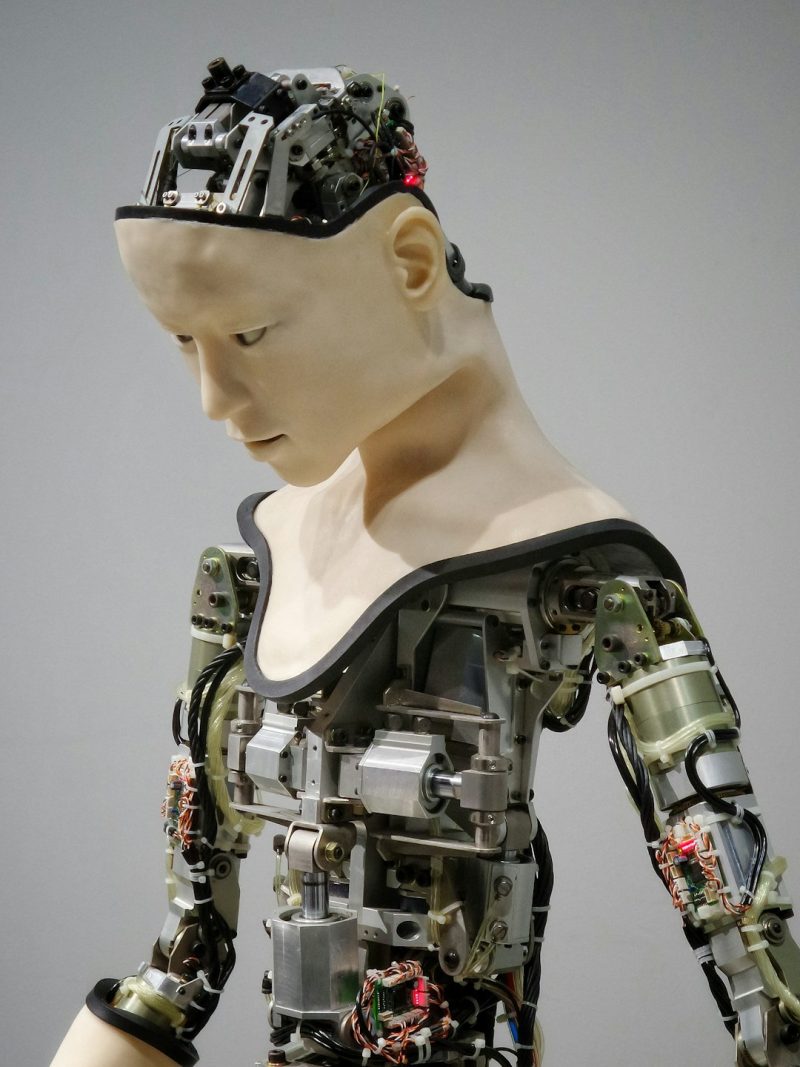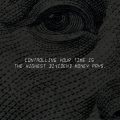
Artificial intelligence. The phrase itself conjures a whirlwind of images: sleek robots assisting surgeons, self-driving cars navigating bustling cities, sophisticated algorithms predicting market trends. But alongside the promise of a technologically advanced utopia lies a lingering unease, a question mark hanging over the very nature of this revolution: is AI our friend, or our foe?
The potential benefits are undeniable. AI promises to solve some of humanity’s most pressing problems. In healthcare, AI-powered diagnostics could lead to earlier and more accurate diagnoses, saving countless lives. In climate science, AI can analyze vast datasets to model climate change and predict its effects with unprecedented accuracy, informing crucial mitigation strategies. In manufacturing, AI-powered automation can increase efficiency and productivity, leading to economic growth. The list goes on, encompassing advancements in personalized education, accessible transportation, and even the exploration of space.
However, the risks are equally significant. Job displacement due to automation is a major concern, potentially leading to widespread unemployment and social unrest. Algorithmic bias, stemming from biased training data, can perpetuate and even amplify existing societal inequalities. The potential for autonomous weapons systems, capable of making life-or-death decisions without human intervention, raises profound ethical and existential questions. Furthermore, the concentration of power in the hands of a few tech giants controlling AI development poses a serious threat to democratic principles and individual liberties.
The narrative surrounding AI often falls into overly simplistic binary oppositions: utopian visions versus dystopian nightmares. The reality, however, is far more nuanced. AI is not inherently good or evil; it is a tool, and like any tool, its impact depends entirely on how we choose to use it.
The key lies in responsible development and deployment. This requires a multi-pronged approach: robust ethical guidelines and regulations, transparent and explainable AI systems, investments in education and retraining programs to prepare the workforce for the changing job market, and ongoing public dialogue about the implications of this transformative technology.
Ultimately, the future shaped by AI will be a reflection of the choices we make today. Will we harness its power for the betterment of humanity, addressing global challenges and fostering a more equitable and sustainable future? Or will we allow it to become a force for division, inequality, and even destruction? The answer, quite simply, lies in our hands. The AI revolution is not pre-ordained; it is a story still being written, and we are all its authors.










